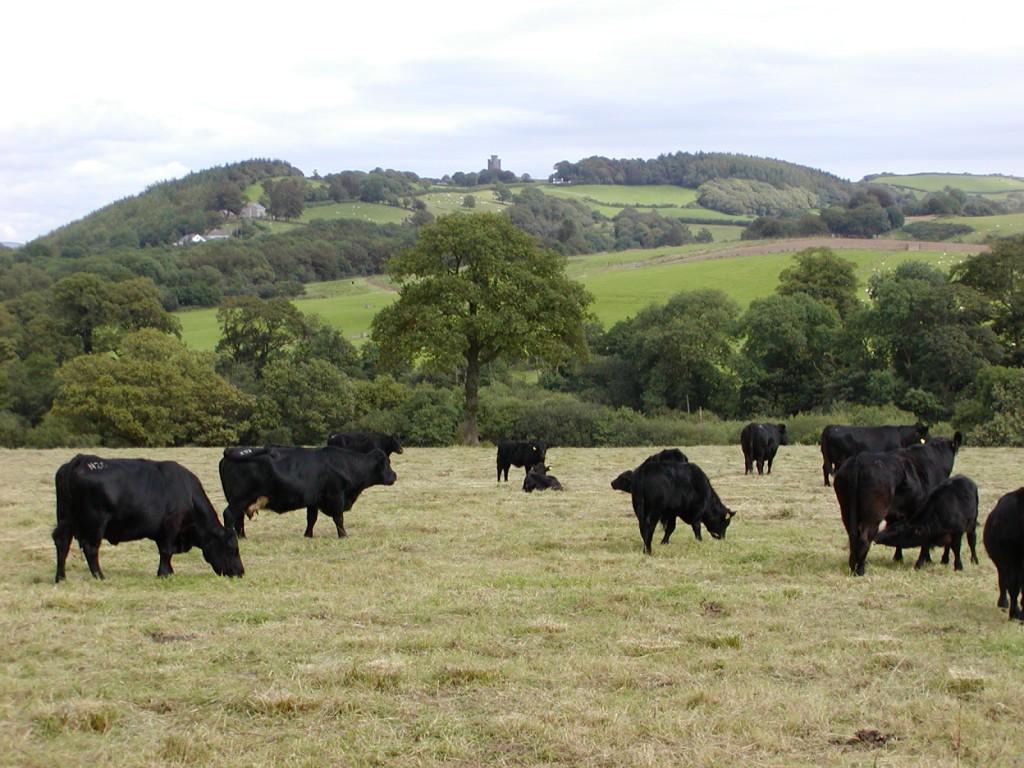The Government has added to the suite of schemes available to help businesses cope with the effects of the Coronavirus outbreak.
Following criticism of the Coronavirus Business Interruption Loan Scheme (CBILS) a new ‘Bounce Back Loan Scheme‘ (BBLS) opened on the 4th May. Unlike CBILS, the Government will guarantee 100% of the loan under BBLS, as opposed to 80%. This means that the banks providing the loans have a much lower requirement to undertake due-diligence on the application. CBILS had been criticised due to the time it was taking to process applications. Under BBLS it is envisaged that funds should be in a business’s bank account ‘within a day or two’ of application.
Loans under BBLS can be between £2,000 and £50,000, with the Government paying all the interest for the first 12 months. The amount of the loan must be no more than a quarter of annual turnover and the business must not have been an ‘undertaking in difficulty’ on the 31st December 2019. Firms that have already taken a loan under CBILS are not eligible.
There has also been some streamlining of the original CBILS scheme. This has a higher lending threshold of £5m. Firms will now be assessed on their viability before the Covid-19 outbreak and there will be no requirement for forward-looking business plans and budgets.
Of interest to the many self-employed people working in agriculture and the allied trades will be the progress of the Self-Employed Income Support Scheme (SEISS). This is opening earlier than expected. The online portal through which claims can be made will be available from 13th May. It is expected payments will commence from the 25th May (ahead of the end-June deadline originally outlined). HMRC are contacting self-employed people through e-mail, texts and post outlining what they need to do. Applications will open in tranches based on the Unique Taxpayer Reference (UTR) number. There is an online eligibility checker at – https://www.tax.service.gov.uk/self-employment-support/enter-unique-taxpayer-reference









